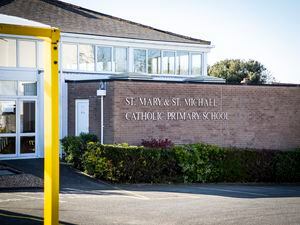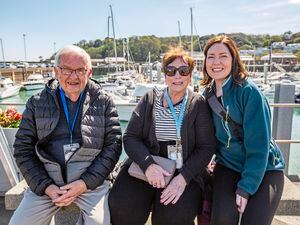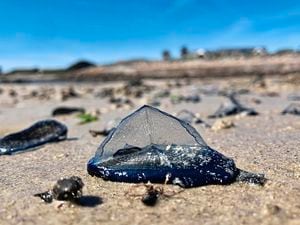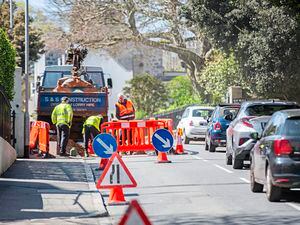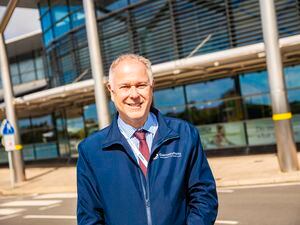Alderney puts in place poultry lockdown after avian flu is discovered
ALDERNEY’S domestic poultry is in lockdown following the discovery of avian flu in the island.
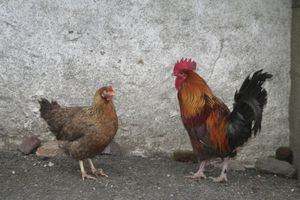
A chicken that was part of a small backyard flock was found to have died from the disease earlier this week and that led to the owners’ other four birds being destroyed and incinerated, said Guernsey States vet David Chamberlain.
It came as an outbreak of the disease was confirmed at a farm in St Peter, Jersey, yesterday. This followed the death of 18 birds last weekend and the remainder of the flock has now been culled and a 3km protection zone established.
This was the first time this year that the virus had been detected in domestic birds in the Guernsey Bailiwick, although it has been found in sea birds in Alderney and Guernsey.
Mr Chamberlain said that bird flu has been an annual occurrence since about 2005 and the current outbreak can be dated back to autumn last year.
It hit a peak just after Christmas and had been expected to trail off by around March to May, which is what usually happens.
But this year outbreaks started to be spotted in sea birds in the islands and highlands of Scotland and from there the virus spread down the east coast of the UK, jumping the Channel and hitting a colony of sandwich terns in Normandy and from there continued across to the Channel Islands. The first case in Bailiwick sea birds was detected in July and while herring gulls were affected in Guernsey, gannets were hit in Alderney.
Mr Chamberlain said the owner of the chickens in Alderney fed them by scattering their food and that had attracted other birds too.
Domestic poultry owners in the island have been asked to monitor their flocks closely and to avoid transporting bird droppings to use as manure.
However, in light of the hot weather, owners are not being told to keep their birds inside.
Guernsey has not had any cases in domestic birds so far and restrictions over poultry’s participation in the West and North Shows are in place.
But caged birds are being allowed to be shown, since they are not likely to have mixed with wild fowl, as are the birds of prey being used in falconry displays at the West Show, which Mr Chamberlain said have high levels of bio-security.

